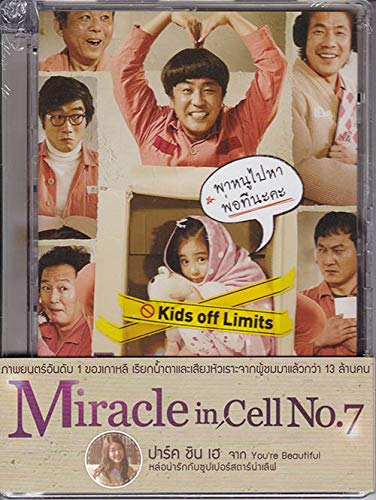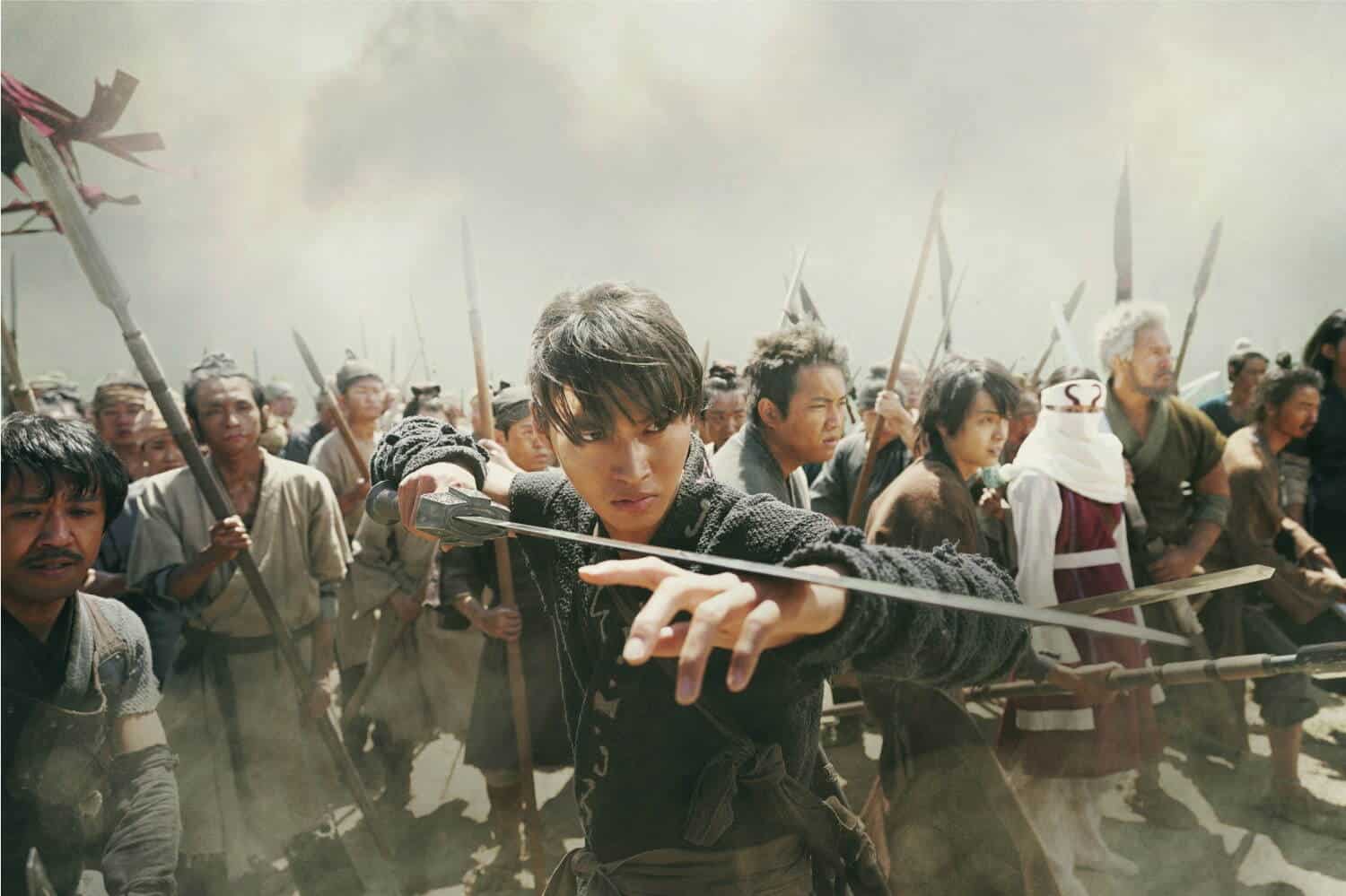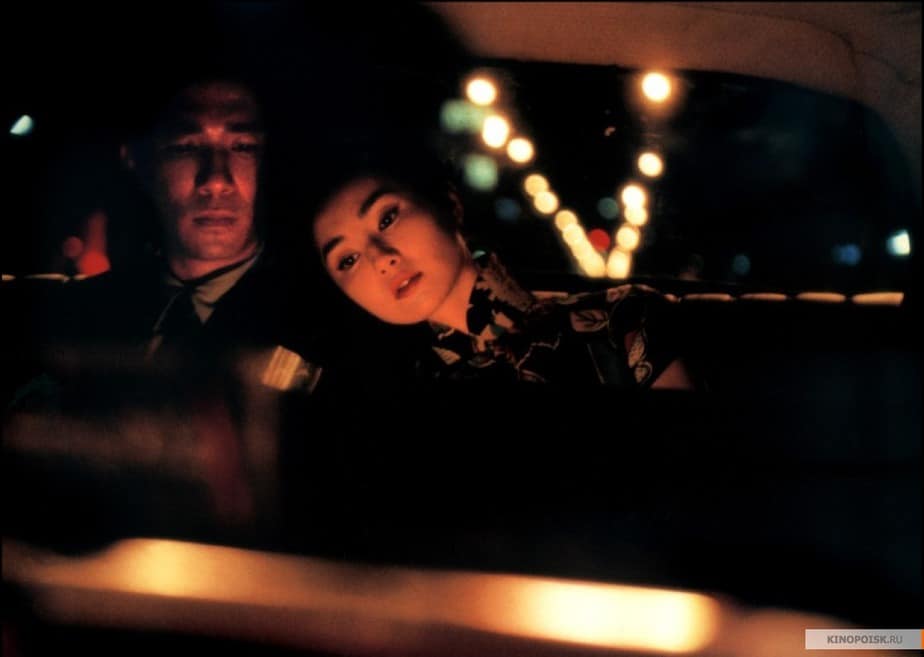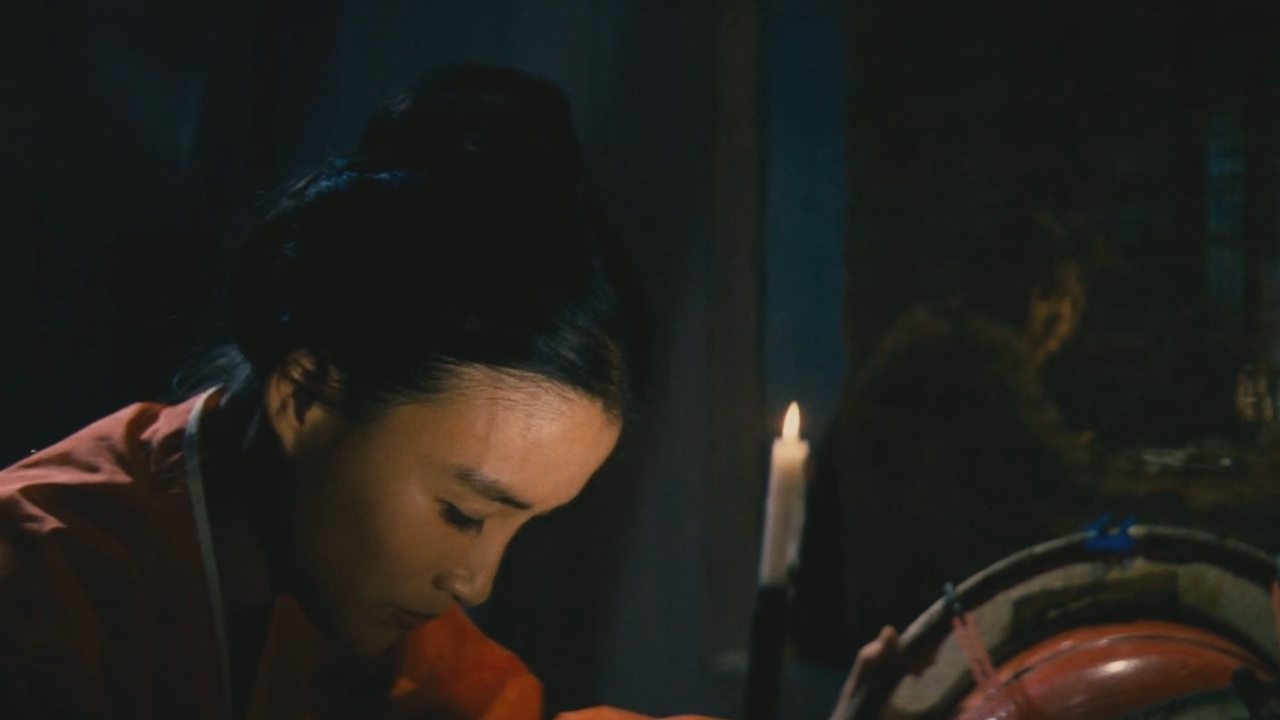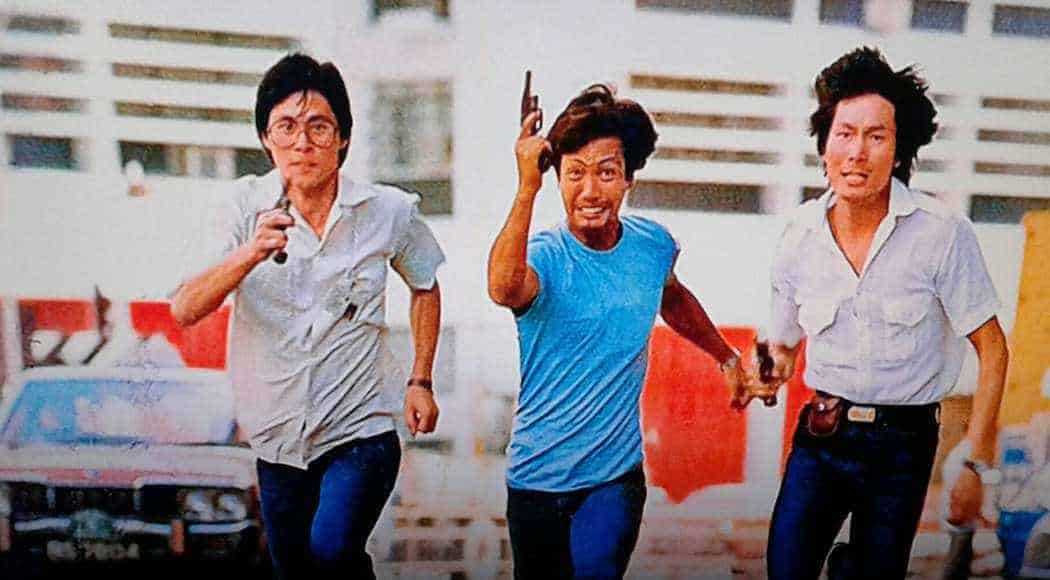6. In the Shadows (Dipesh Jain, 2017, India)
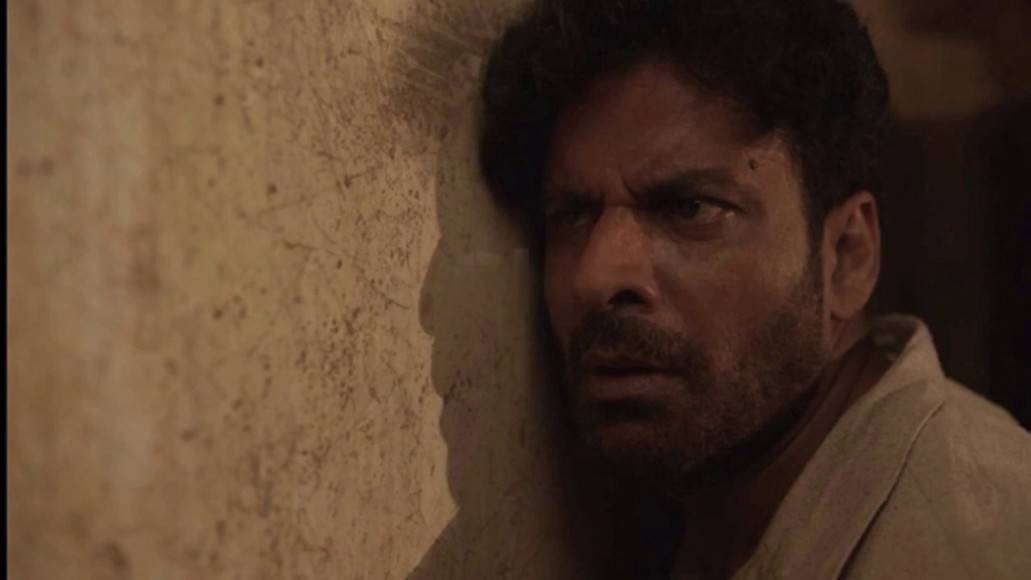
Dipesh Jain elaborately directs a film that aims at retaining a sense of confusion and discomfort, which derives from both main characters and their state of mind. The unfolding of the story, until the shuttering finale is very well presented, although after a fashion, the plot twist becomes quite obvious. However, this does not fault the title in any aspect, since Jain focuses on portraying the consequences of abuse and the psychology of two individuals who are trapped in their house as much as they are in their minds. (Panos Kotzathanasis)
7. Kotoko (Shinya Tsukamoto, 2011, Japan)

While most movies dealing with the subject of mental illness deal with the subject from the outside, showing the physical and psychological breakdown of the character, this is certainly not what “Kotoko” is after. Similar to the kind of approach he used in the majority of his work, the use of first-person-perspective reflects the distortion of reality Kotoko experiences when she goes through her daily routine. The scenes in which strangers, even loved ones, become potential threats to her, wanting to hurt her are supported by audiovisual distortion, making these images almost unbearable. From the eyes of Tsukamoto's camera, which, in this case, are Kotoko's, reality has not just become a blurry, but overall hostile construct questioning the nature of one's perception. Essentially, the audience is in a way forced to understand Kotoko's condition through self-experience. (Rouven Linnarz)
Buy This Title
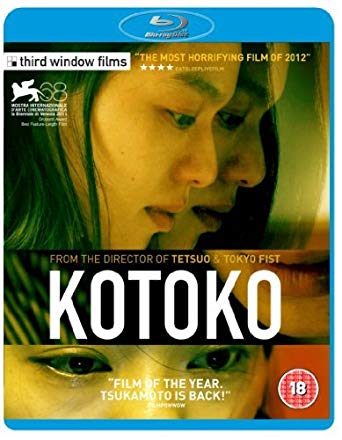
8. Mad World (Wong Chun, 2016, Hong Kong)

Wong Chun directs a genuine drama that takes a sensitive but realistic look at the bipolar disorder. In that fashion, he presents the consequences the illness has on both the patient and the people around him. The main character is obviously Wong, but both his father's and his fiancé's perspective is thoroughly depicted. At the same time, he presents the way society deals with these people, with their behaviour lingering somewhere between fear, dismay, and ignorance. If these elements remind you of something, then you are correct, they are the same that comprise the concept of racism. Chun may give some justification to these behaviors, as Sai-Tung is presented frequently being out of control, but in the end, his judgment on society is rather evident, particularly through the behaviour of the neighbors. However, through this tactic, and the permeating realism of the story, Chun and screenwriter Florence Chen manage to avoid the reefs of sentimentalism and melodrama and to present a very sincere film. (Panos Kotzathanasis)
9. Mental (Kazuhiro Soda, 2008, Japan)

Right from the start of this fascinating documentary, Dr Yamamoto is dealing with mentally ill people suffering from acute existential crisis. Kazuhiro Soda's mobile camera follows a woman staggering around. A man holds open the door of the clinic. The woman has to grab hold of a chair as she stumbles through the door. She staggers into Dr Yamamoto's office, as the man passes along her notes. An elderly man, in smart casual dress, sits at a table. The woman sits down emotionless, in a state of numbness. Dr Yamamoto arranges her file and prepares to take notes. Dr Yamamoto asks her what is going on. The lady says she has fallen out with two of her best friends. (Jonathan Wilson)
10. Miracle in Cell No 7 (Lee Hwan-kyung, 2013, South Korea)
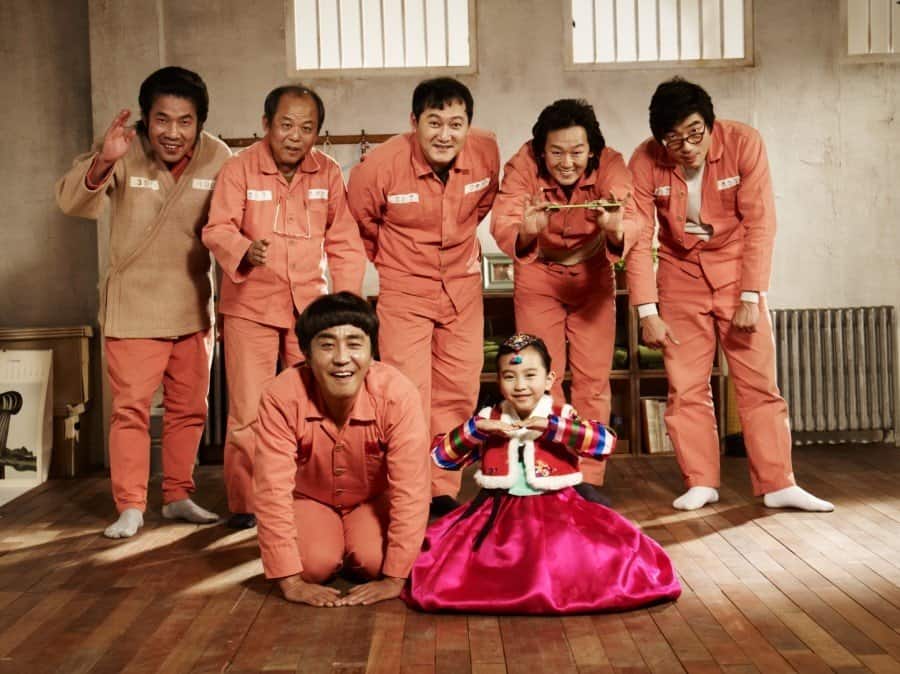
“Miracle in Cell No 7” is a rare film, a comedy that incorporates mental illness while also pulling at the heartstrings oh-so-strongly. A mentally disabled man is falsely charged with the rape and murder of a young child and thrown into a prison cell with hard-on-the-outside but actually emotionally fragile criminals. With his 6-year-old daughter, his only life support, left alone to fend for herself, his cellmates manage to sneak her into their cell and keep her hidden from the authorities. What plays mostly as a comedy and a tender father-daughter relationship drama brings on the feels massively by the time it reaches its now-famous climax. It was with this that Ryu Seung-ryong proved himself to be a strong leading actor and a big pull at the box-office, with “Miracle in Cell No 7” still sitting at 7th among the highest grossing domestic films of all time in South Korea. (Rhythm Zaveri)
Buy This Title
11. Monsters Club (Toshiaki Toyoda, 2011, Japan)
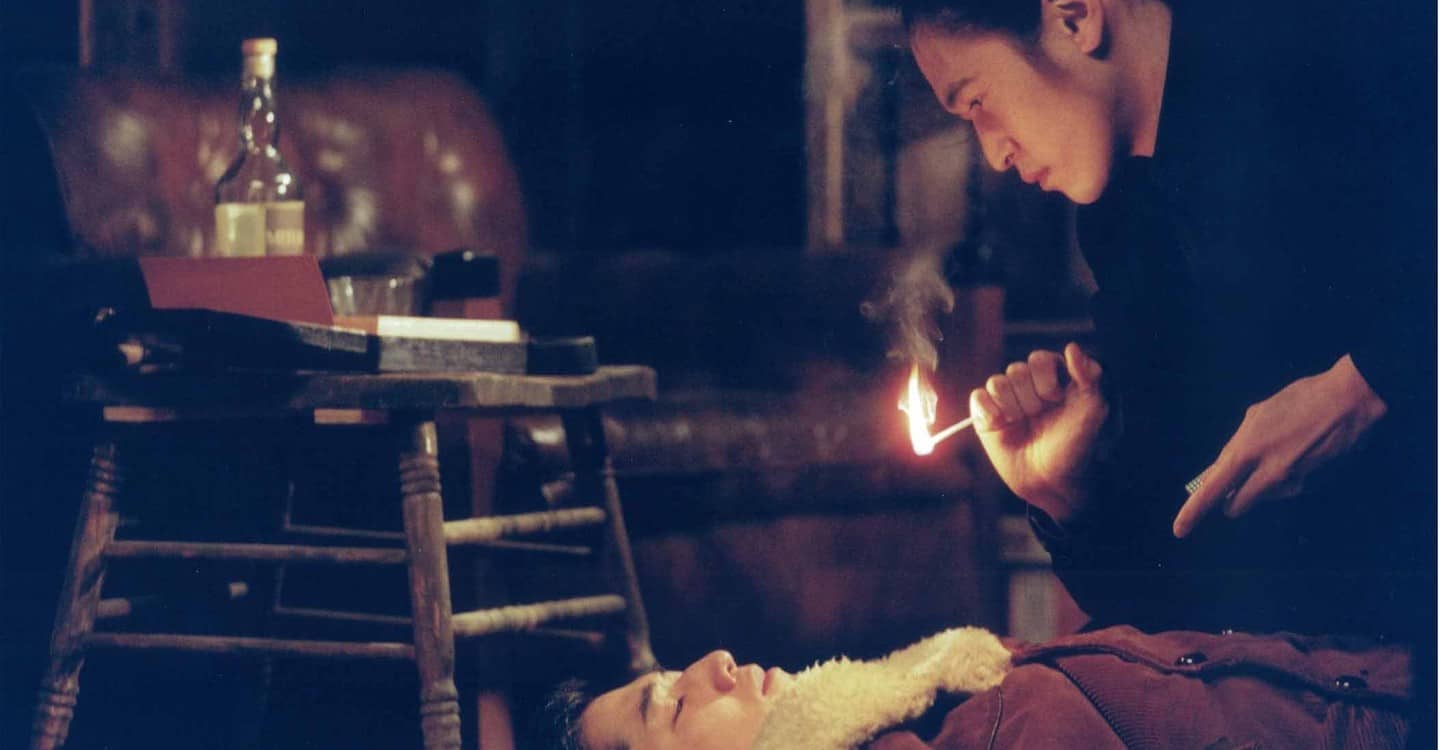
Toshiaka Toyoda's “Monster Club” explores the mental issues that can be faced when losing a loved one, specifically how that can get distorted into something indulgent and self harming. However, the film succeeds in its portrayal of mental health by still making a semi-relatable figure out of the terrorists, not justifying his actions but exploring them with an emphasis on accuracy and sincerity in approaching mental health issues. Told in a very surreal like manner and punctuated by a profound ending that Toyada seems to nail in all his productions, “Monsters Club” offers the most intimate look at mental health in the directors' filmography. (Adam Symchuk)


